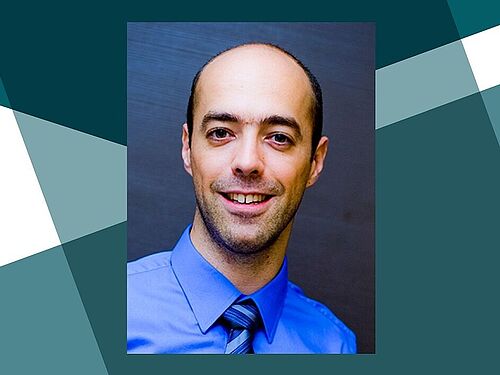Abstract. Lightweight cryptography aims at providing secure encryption/authentication algorithms with acceptable performance (area, energy consumption, etc.) for very constrained devices such as RFID tags, embedded systems, etc. It has been a very active topic in the past 15 years and the NIST is currently organising a competition to choose the new lightweight cryptography standard (final selection to be announced by end 2022). In this talk, Thomas Peyrin will review the main advances in the design of lightweight cryptographic primitives. Also he will focus on the recent trend of tweakable block-ciphers (TBC) and he describes how a TBC seems to be a very interesting primitive in this scenario. Thomas Peyrin will in particular present ROMULUS, two new TBC-based beyond-birthday Authenticated Encryption modes that provide excellent performances when instantiated with a lightweight TBC such as Skinny. Throughout the talk, he will try to identify several possibly interesting open research problems.
Biography. Thomas Peyrin completed in 2008 a doctorate in cryptography at Orange Labs, formerly known as France Telecom. He previously worked as a Cryptography Expert at Ingenico (the world leader in payment solutions) and as a Research Fellow at the School of Physical and Mathematical Sciences of Nanyang Technological University in Singapore under the Singapore Lee Kuan Yew Postdoctoral Fellowship. He was appointed Nanyang Assistant Professor in 2012 under the Singapore NRF fellowship, and Associate Professor at NTU in 2017. His favorite research topic is symmetric-key cryptography, in particular hash functions, block ciphers and cryptanalysis. He is also interested in lightweight cryptography, aimed for very constrained environments. Notably, he is one of the designers of LED, GIFT, SKINNY and PHOTON (ISO standard), currently some of the smallest known symmetric-key cryptography primitives. He was involved in the NIST SHA-3 competition as one of the main designers of the candidate ECHO. He also proposed BPS (NIST and ANSI standard), a format-preserving encryption scheme that helps for example to secure credit card transactions. He is co-designer of Deoxys algorithm for authenticated encryption, who was selected as finalist for the CAESAR competition for authenticated encryption primitives.
To the YouTube-Video
Thomas Peyrin (Nanyang Technological University, Singapore)

Copyright: Thomas Peyrin

